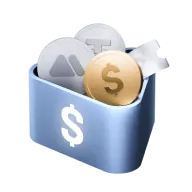Is XRP a Scam or Legit? What Investors Need to Know
- XRP is a legitimate cryptocurrency with real technology and partnerships, but faces criticism over centralization.
- Most of Ripple's bank partners use RippleNet technology without actually requiring XRP tokens themselves.
- The SEC lawsuit ended in August 2025 with a $125 million fine and regulatory clarity.
- Real scams targeting XRP investors include YouTube impersonations, fake airdrops, and pump-and-dump schemes.
- Large holders are currently selling approximately $50 million in XRP daily, creating downward price pressure.
- Understanding the difference between "not a scam" and "good investment" is crucial for potential XRP investors.
Is XRP a Scam? The Direct Answer
Understanding XRP: The Basics for Beginners
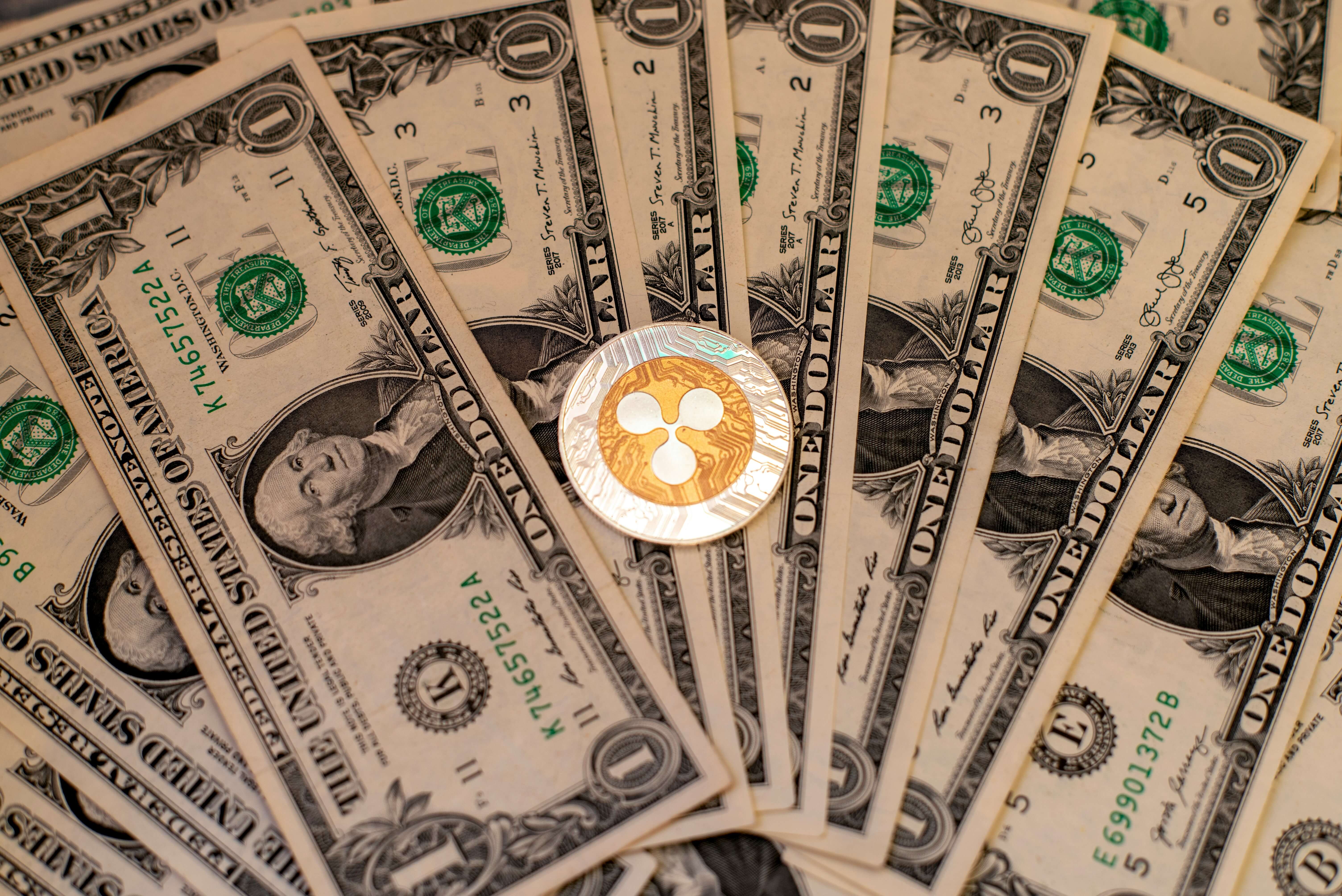
Why XRP Is Called a Scam by Critics
Is XRP a Scam or Legit? Real Partnerships Explained
1. Major Financial Institution Partnerships
2. The RippleNet vs XRP Distinction
3. What This Means for XRP Adoption
The SEC Lawsuit: What Actually Happened
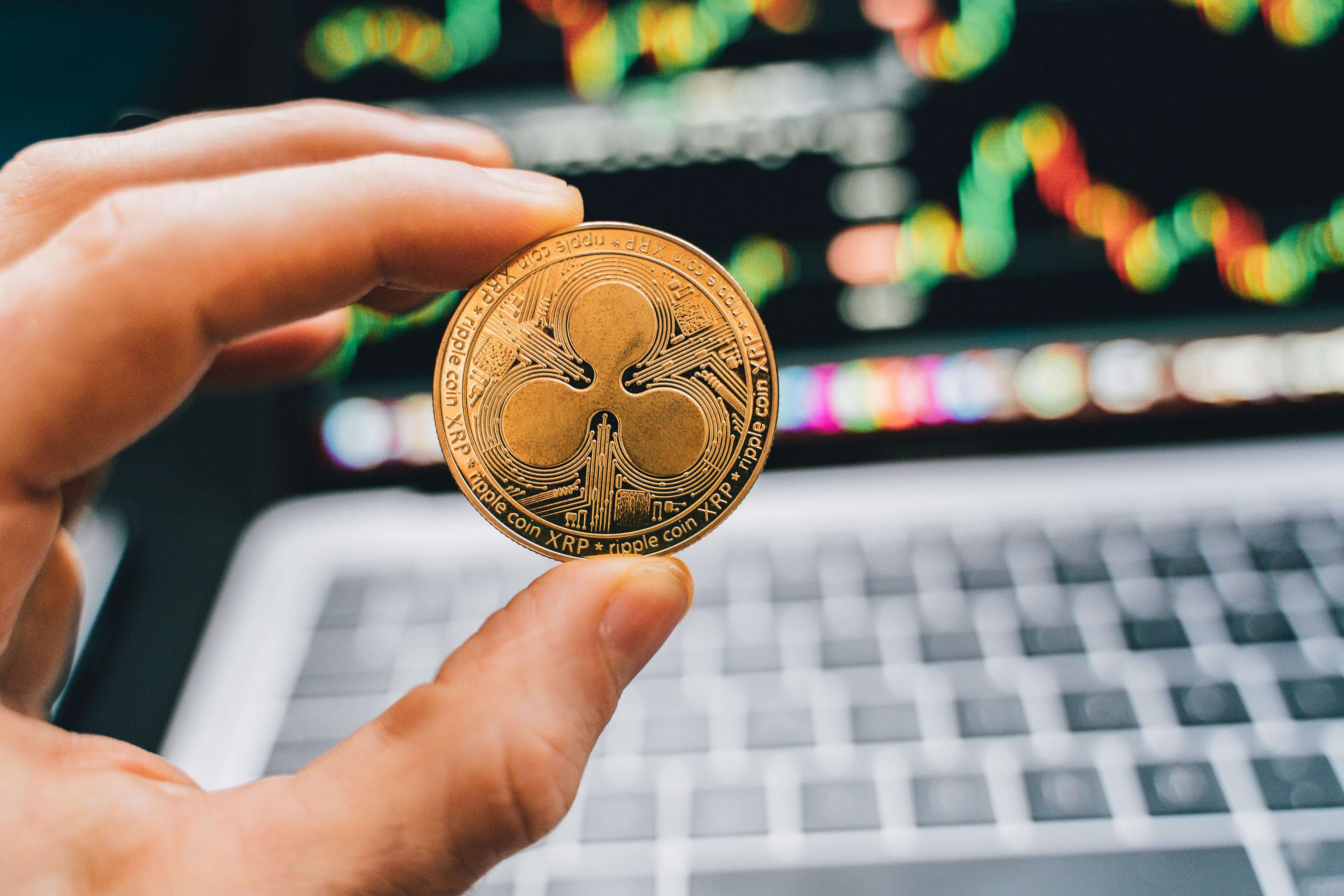
Real XRP Scams: When XRP Is Actually a Scam
1. YouTube Impersonation Scams
2. Fake Airdrop Schemes
3. Pump and Dump Operations
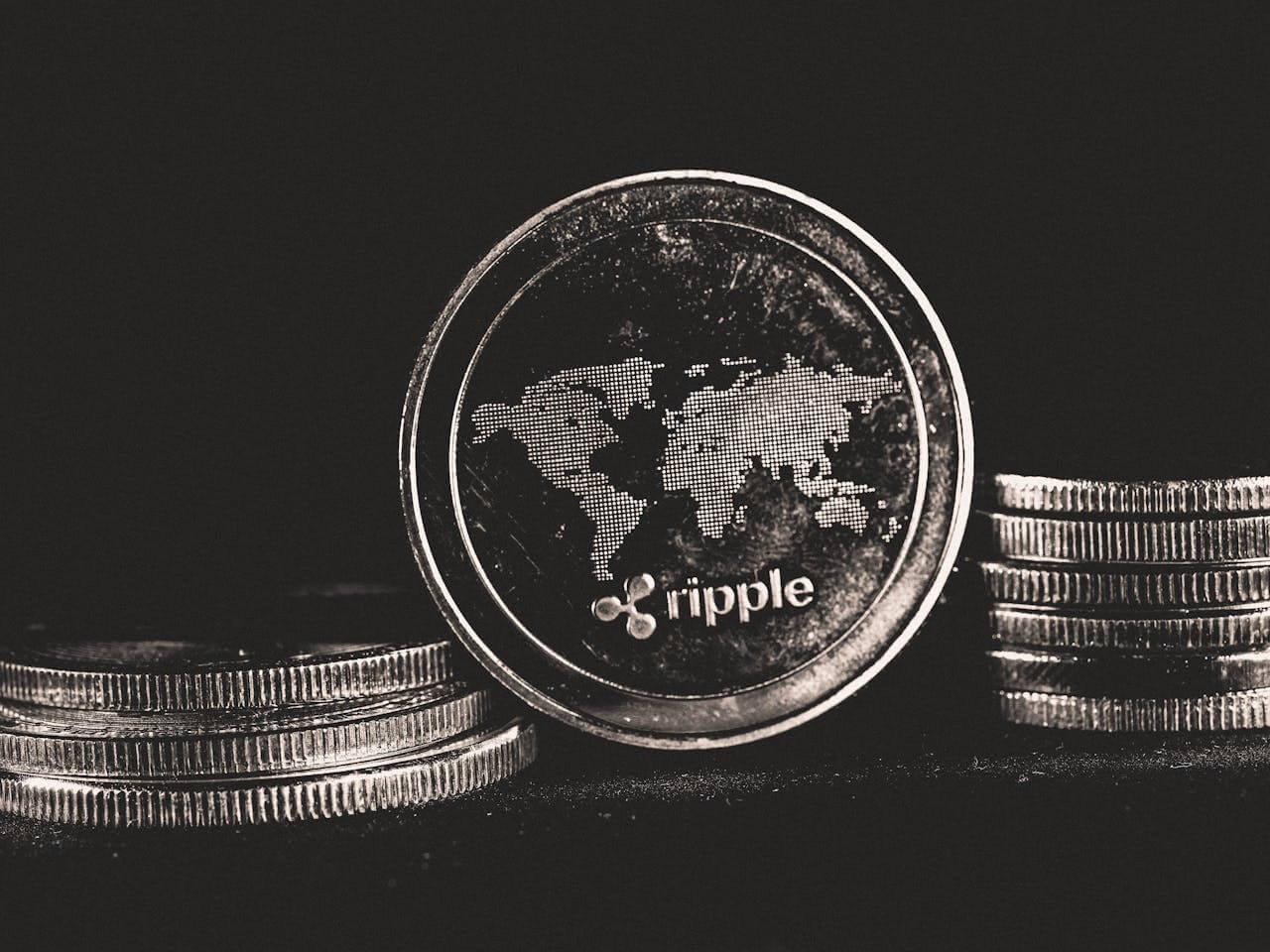
Current Market Concerns
What Experts Actually Say
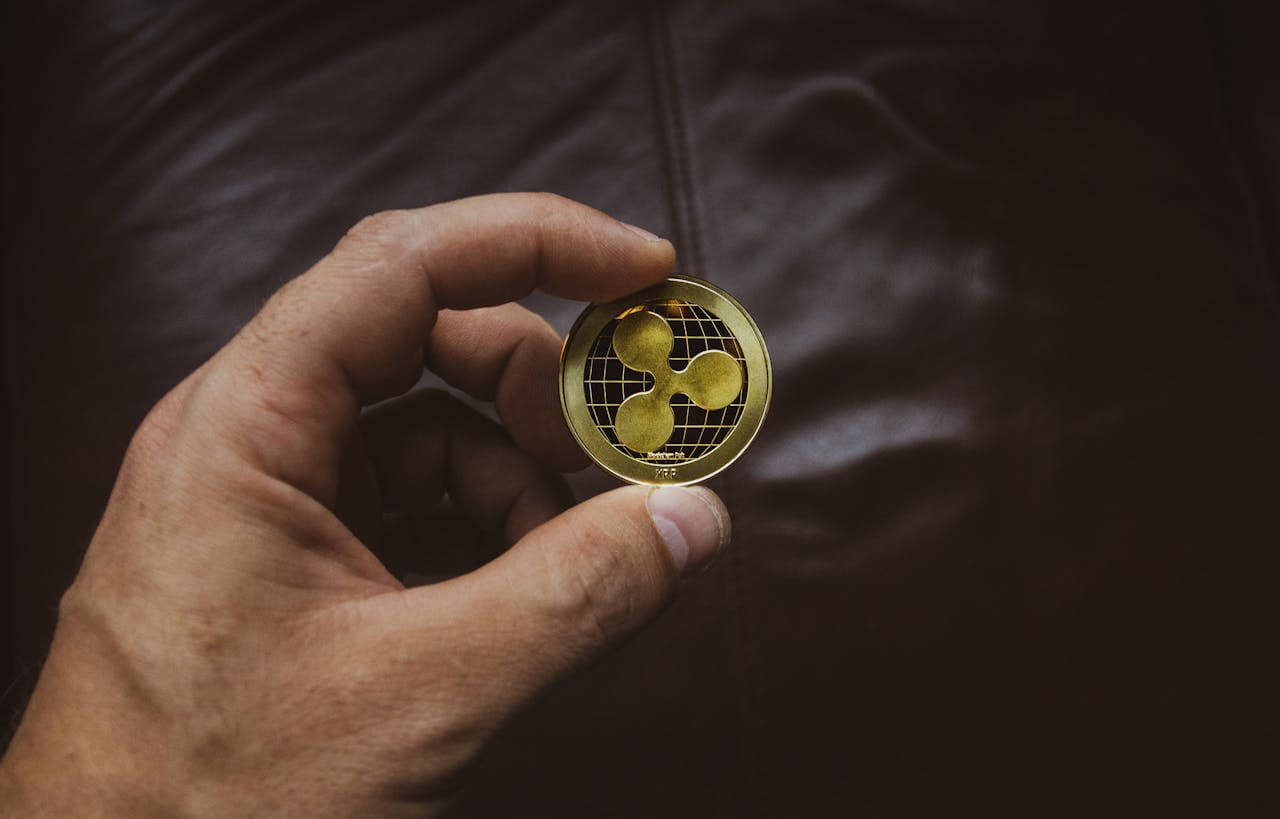
FAQs
Conclusion
Popular Articles

Trade US Indices (NAS100, SP500, US30) with USDT on MEXC: Max 20x Leverage
The gap between Wall Street and Web3 just closed.MEXC is thrilled to announce the listing of USDT-Margined Perpetual Futures for the world's three most important financial indices: NAS100 (Nasdaq), SP
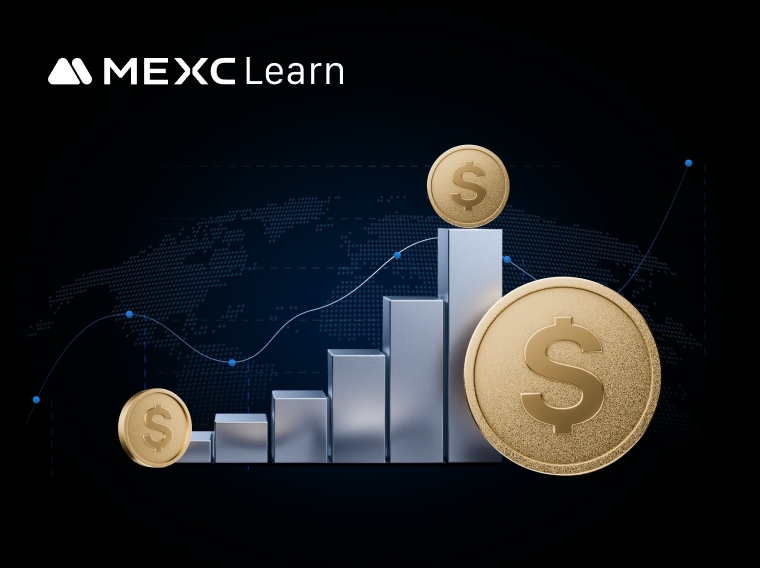
Why Smart Money Trades Copper (XCU) Perps on MEXC
When investors think of Copper, they often think of physical bars or slow-moving ETFs. That is how the "Old World" trades.But for the modern crypto trader on MEXC, the launch of COPPER (XCU) USDT Perp
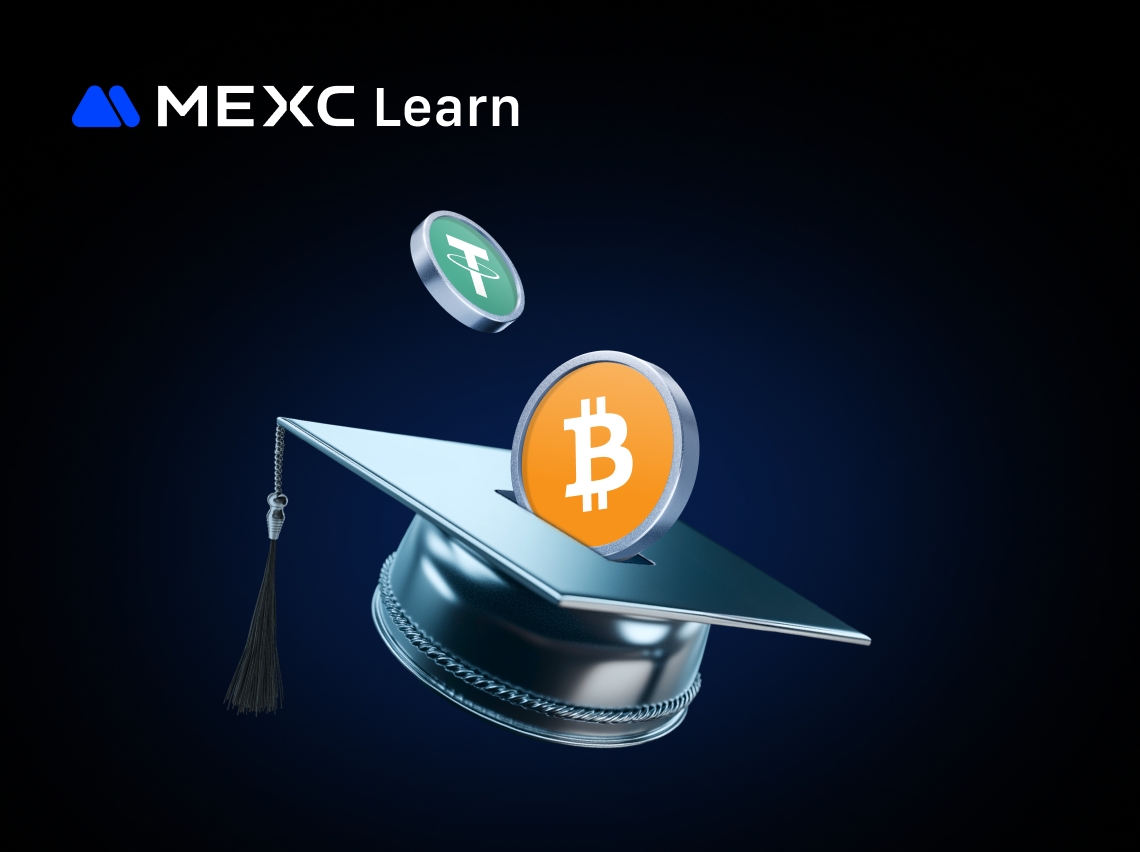
Staking Rewards Crunch,Why ETH Yields Can Fall Even When Activity Looks “Fine”
Ethereum staking rewards come from a mix of protocol issuance (new ETH minted) and variable fee-driven components (priority fees and MEV). Over the past two years, the composition of that mix has shif
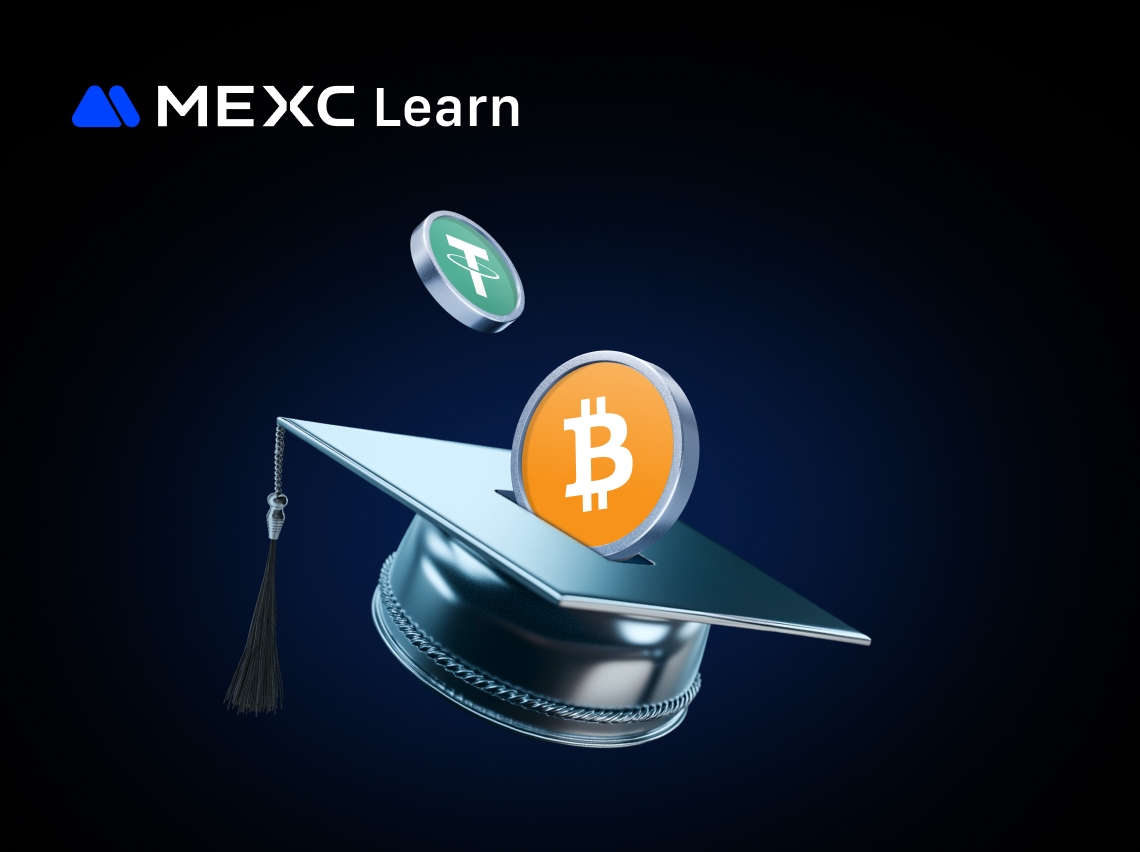
NFT Market Radar: Utility Narratives Re-enter the Conversation (Late Jan 2026)
Scope note (what this piece is—and isn’t)This “radar” summarizes what three recent articles reported about NFT-adjacent tokens and utility-themed use cases around mid-to-late January 2026. It does not
Hot Crypto Updates
View More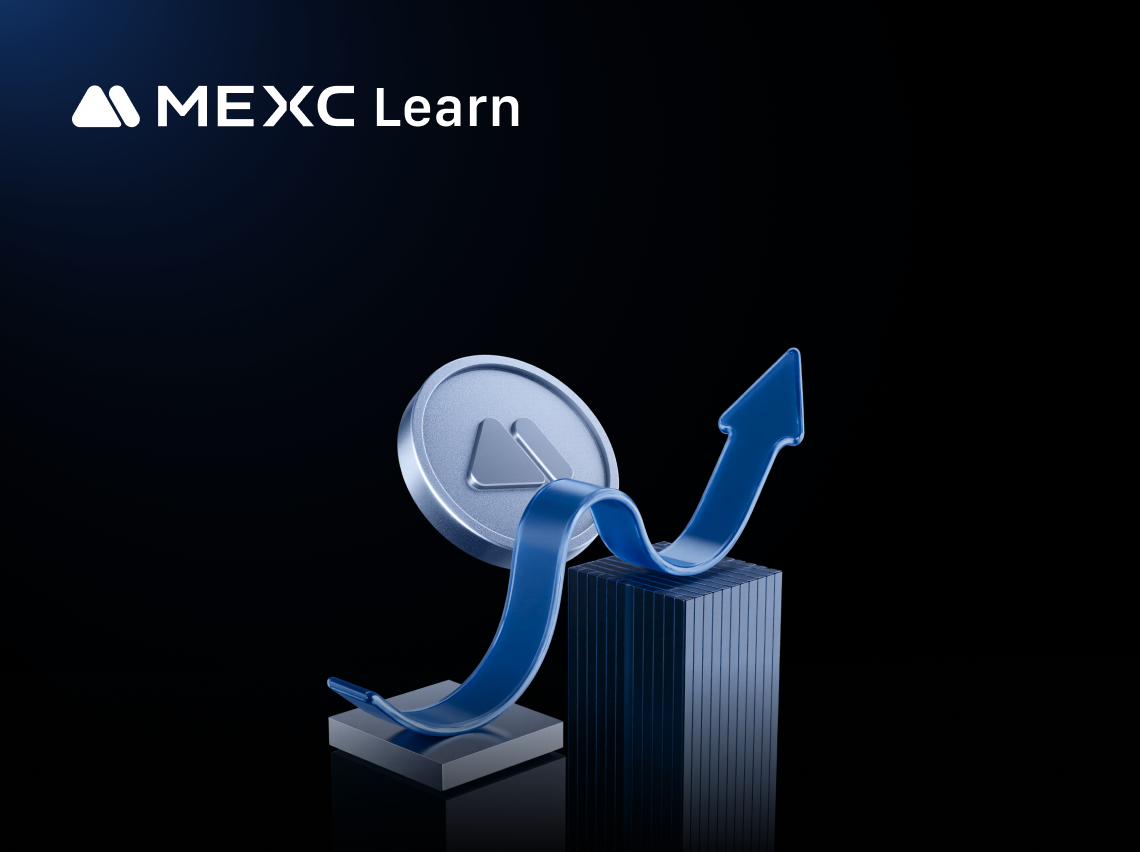
Ripple (XRP) Short-Term Price Prediction
Introduction to XRP Short-Term Price Predictions In the fast-paced world of cryptocurrency, short-term predictions can help traders identify opportunities in daily, weekly, and monthly timeframes.
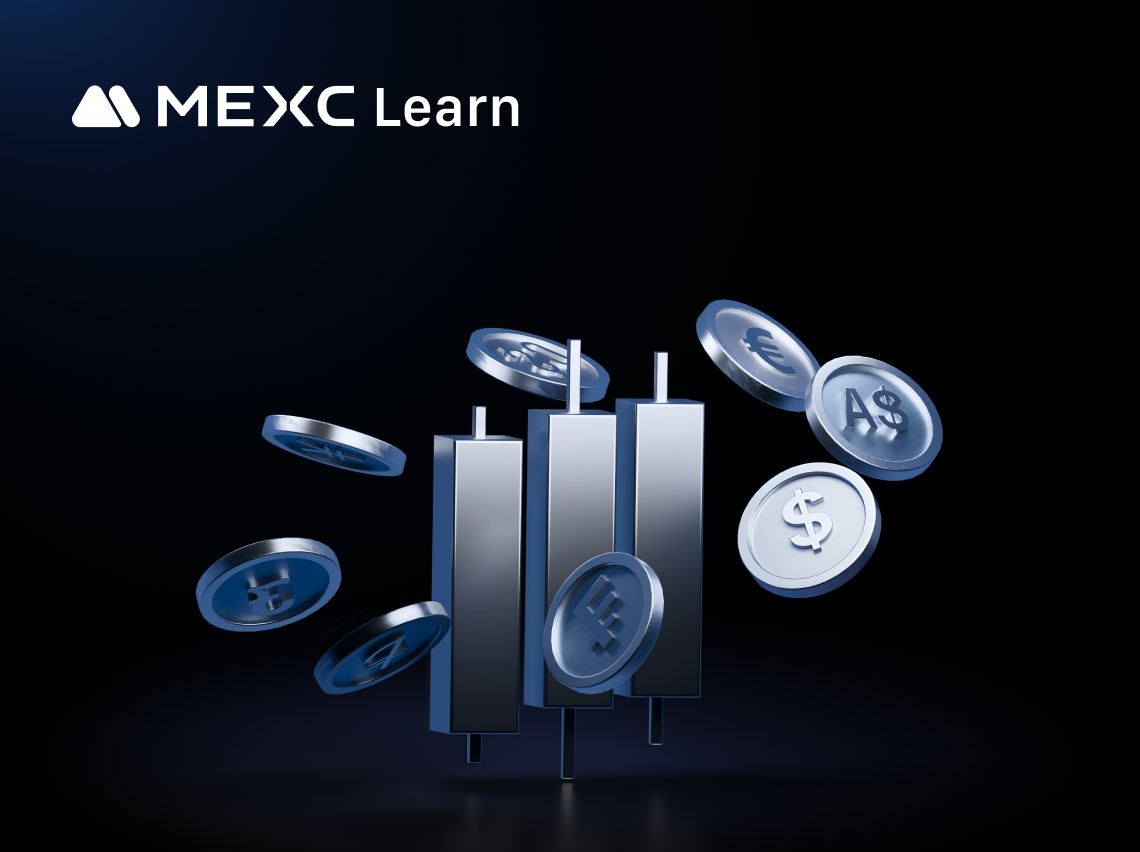
Ripple (XRP) Latest Price: Fresh Market Updates
The crypto market changes minute by minute, and the latest Ripple (XRP) price offers the most up-to-date snapshot of its value. In this article, we highlight the newest movements, fresh data from the
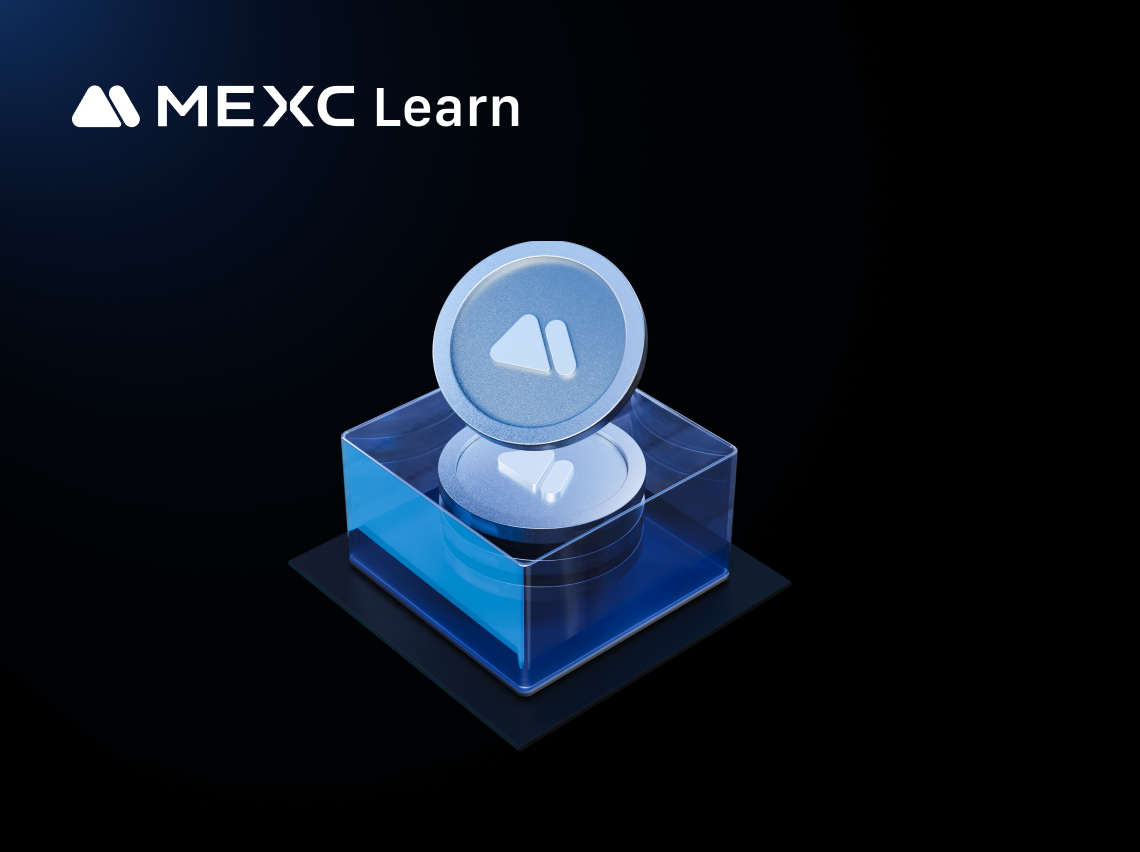
Ripple (XRP) 7-day Price Change
The Latest Ripple (XRP) price has shown significant movement over the past week. In this article, we'll examine its current XRP price, 7-day performance, and the market factors shaping XRP's trend.
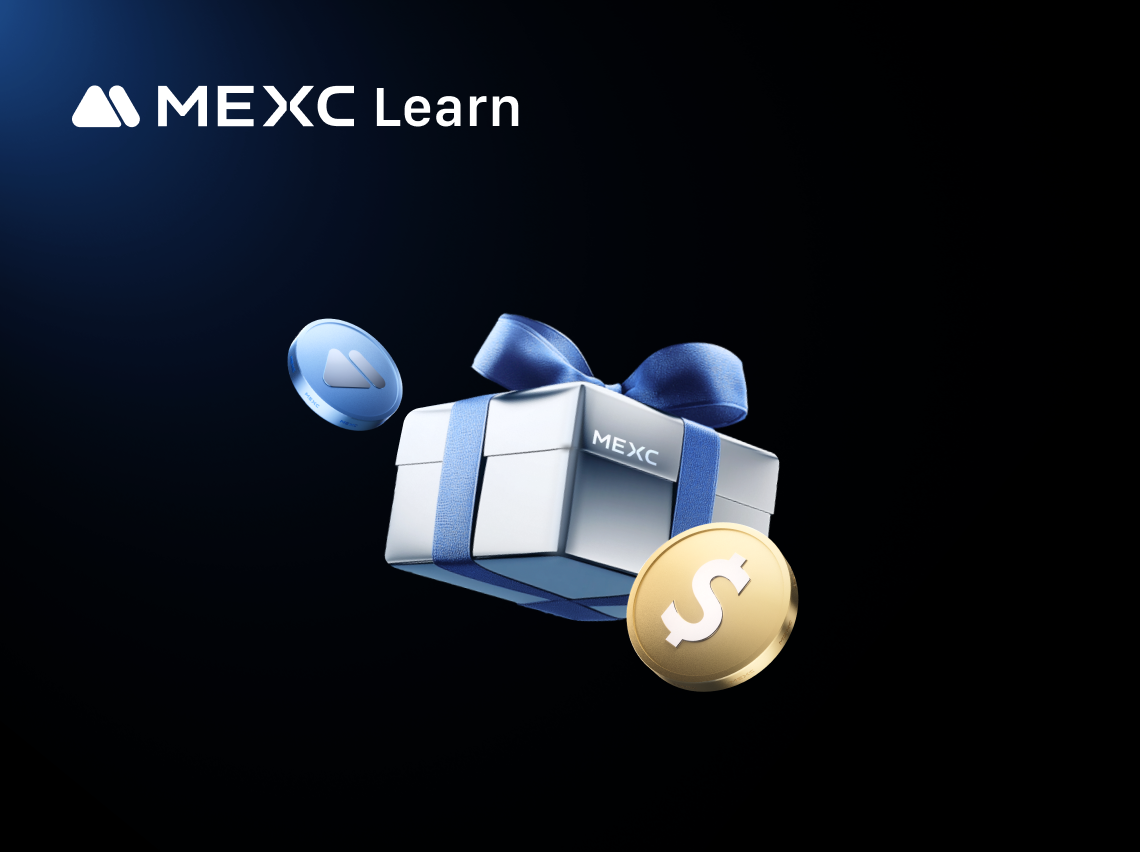
Ripple (XRP) Short-Term Price Prediction
Introduction to XRP Short-Term Price Predictions In the fast-paced world of cryptocurrency, short-term predictions can help traders identify opportunities in daily, weekly, and monthly timeframes.
Trending News
View More
RLUSD Stablecoin Goes Live on Binance
The post RLUSD Stablecoin Goes Live on Binance appeared on BitcoinEthereumNews.com. Ripple’s RLUSD stablecoin is now listed on Binance with Ethereum support, and

XRP Price Prediction: Can Ripple Really Become A $10 Crypto or Are Smart Whales Diversifying to More Lucrative Opportunities?
Few debates in crypto spark as much emotion as XRP price prediction. For years, Ripple supporters have argued that a $10 XRP isn’t just possible; it’s inevitable
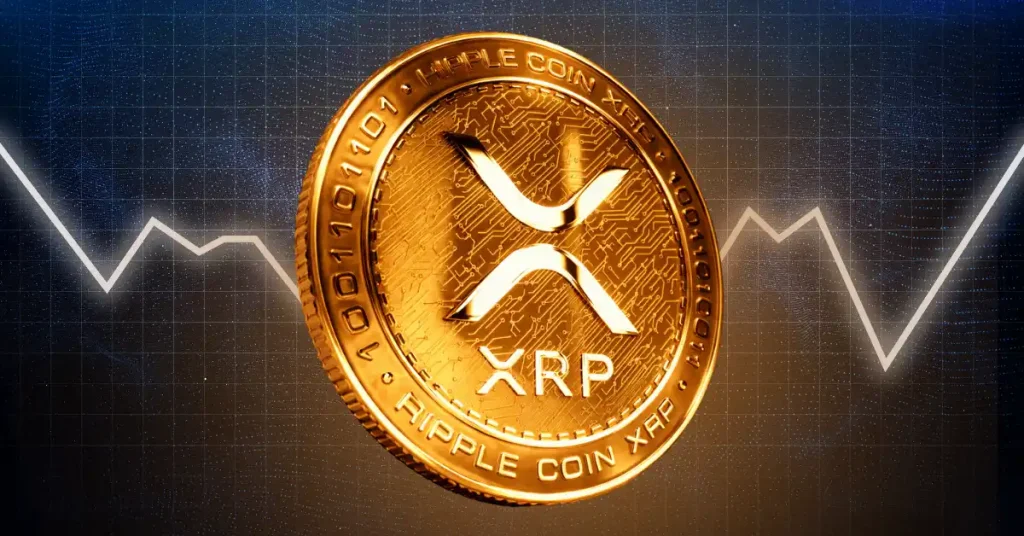
XRP Price Rebounds as Sentiment Shifts: Is a 2026 Rally in Play?
The post XRP Price Rebounds as Sentiment Shifts: Is a 2026 Rally in Play? appeared first on Coinpedia Fintech News Ripple’s native token, XRP is once again at a
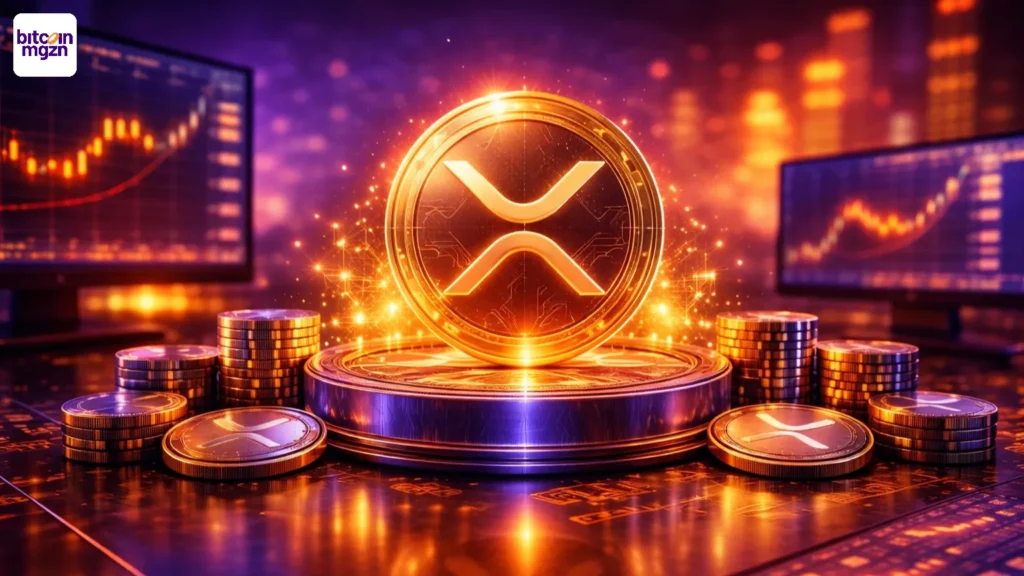
Ripple president over XRP: “Instroom van $1 biljoen”
Monica Long, de president van Ripple, voorspelt een grote verschuiving in de financiële wereld. Volgens haar zal 2026 het jaar worden waarin crypto definitief volwassen
Related Articles

Trade US Indices (NAS100, SP500, US30) with USDT on MEXC: Max 20x Leverage
The gap between Wall Street and Web3 just closed.MEXC is thrilled to announce the listing of USDT-Margined Perpetual Futures for the world's three most important financial indices: NAS100 (Nasdaq), SP

Why Smart Money Trades Copper (XCU) Perps on MEXC
When investors think of Copper, they often think of physical bars or slow-moving ETFs. That is how the "Old World" trades.But for the modern crypto trader on MEXC, the launch of COPPER (XCU) USDT Perp

Staking Rewards Crunch,Why ETH Yields Can Fall Even When Activity Looks “Fine”
Ethereum staking rewards come from a mix of protocol issuance (new ETH minted) and variable fee-driven components (priority fees and MEV). Over the past two years, the composition of that mix has shif

NFT Market Radar: Utility Narratives Re-enter the Conversation (Late Jan 2026)
Scope note (what this piece is—and isn’t)This “radar” summarizes what three recent articles reported about NFT-adjacent tokens and utility-themed use cases around mid-to-late January 2026. It does not
